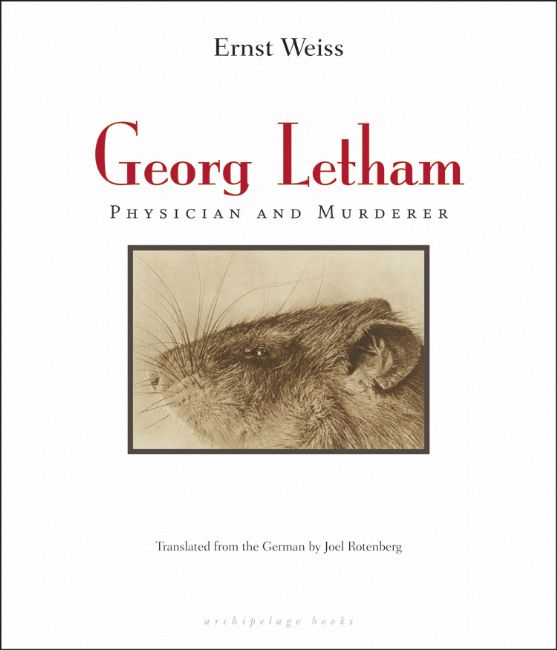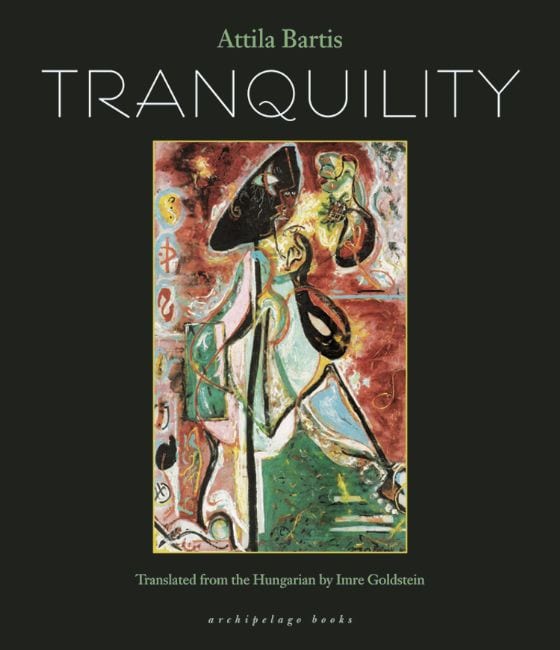Praise
Ernst Weiss is in fact one of the few writers who may justly be compared to Franz Kafka . . . This is easily one of the most interesting books I have come across in years . . . One is filled with impressions, stimulated, gripped by images, characters, and episodes that are strangely real but also unforgettably fashioned. And, incidentally, it's all very Austrian.
I wonder why Weiss isn’t better known here. A doctor as well as a writer, he knew about the body as well as the heart, and you can trust him when he describes how each can act on the other.
Weiss . . . took soul-searching to its darkest depths. He is remarkably open . . . searching and piercing.
What an extraordinary writer he is!
Vivid. . . . [With] the thrill of intellectual obsession. . . . Weiss's novels are remarkable for their ambitious conceits, stylistic variation, and unusual characters. . . . He uncovers the fear, apathy, longing and rage for which the now clichéd psychoanalytic terms were invented. . . . His finest moments as a writer are when he plays the strict psychoanalyst, allowing his disturbed characters to speak their minds while he suspends judgment of right and wrong.
One of his strongest works. . . . One admires Weiss's skill at creating such a complex relationship between a subjective narrator who thinks he's objective and the reader who bears witness to it.
Part medical detective story and part criminal confession. . . . the story addresses . . . justice, punishment, altruism, the fear of illness, the joy of recovery, the ecstasy of being alive, and the absolute worth of a single human life. . . . From a literary standpoint, readers can expect a sizeable reward.
Disinctive and vivid. . . . A remarkable, haunting work. [Weiss is] an extraordinary writer indeed. . . . There's more than a hint of Dostoevsky to the book. . . . Joel Rotenberg has done a fine job of rendering Weiss's snappily sardonic prose.
Weiss . . . knowingly leads the reader on a path from disgust to an ironic admiration for his scientist-narrator.
Ernst Weiss—like not only Chekhov and Céline but also like Arthur Schnitzler, William Carlos Williams and, if we must, Michael Crichton—was a physician and creative writer, and he, more than any of his peers, found a way to integrate the disciplines.
Letham's sins are nearly impossible to judge, but Weiss's account of Letham's long struggle to save his victim’s life is pummeling and magnificent.
A truly intriguing and thought provoking read, the character conflicted in his interests of silence and his passion for murder leads to a unique read unlike any other.
. . . there is no peace to be found in it, and what insights it provides are strictly at the “meta” level – available, that is, to readers of Letham’s book, which is Weiss’ book, which becomes, finally, a reader’s journey to harrowing places, both within and without, to which, thankfully, few people will ever have to go in their mundane lives.
It's smart, heady stuff, with the subtle thrill of genius. It's addicting. After a couple hundred pages, the book begins to seem way too short.
Part Crime and Punishment, part Moby Dick, and part Papillion, Georg Lethem manages to be darker than all three while somehow still maintain a humorous edge.
. . . George Letham is one of the greatest horror novels of the 20th century.
This novel belongs with the luminaries of Expressionist literature, namely Kafka.



